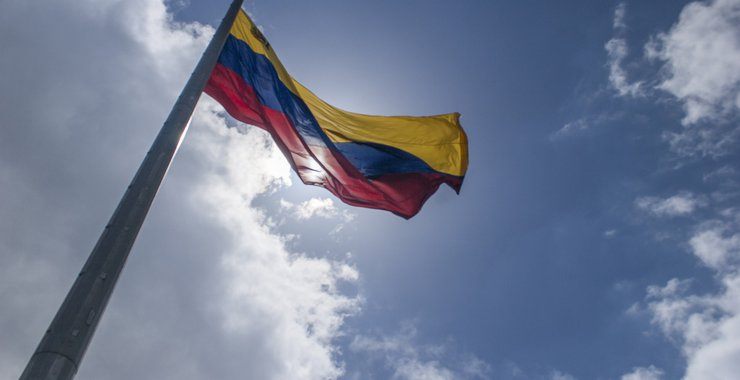Venezuela’s government has reportedly started regulating remittance payments made using cryptocurrencies.
Venezuela’s regulatory authorities have imposed a monthly limit on the amount of crypto remittances and will be charging up to 15% in commissions of the total transaction value. This, according to the South American country’s National Superintendency of Crypto Assets and Related Activities (Sunacrip), the primary regulatory body for digital assets in Venezuela.
As stated in a decree enacting new crypto regulations (published in Venezuela’s Official Gazette No. 41.581):
The requirements and procedures for the sending and receiving of remittances in cryptoassets to natural persons in the territory of the Bolivarian Republic of Venezuela [are as follows:] The sender of the remittances referred to in this ruling is obliged to pay a financial commission in favor of Sunacrip up to a maximum amount of 15% calculated on the total of the remittance.
As reported by local news outlet CriptoNoticias, the minimum commission that will be charged per (crypto remittance) transaction has been fixed at 0.25 Euros (appr. $0.28). Additionally, Sunacrip has been tasked with setting, or denominating, values of cryptocurrencies in the nation’s fiat currency (bolivars). The Sunacrip is also required to set tariffs, establish other types of limits on crypto remittances (as needed), and request additional information (for verification purposes) from the senders and receivers of remittance payments.
$600 Or 10 PTR Limit On Crypto Remittances
The monthly limit for sending remittance payments in cryptocurrency is 10 petros (PTR), Venezuela’s controversial state-backed cryptocurrency. Nicolas Maduro, Venezuela’s president, claims that the petro is backed by the nation’s vast oil reserves, diamonds, gold, and other natural resources. As explained by CriptoNoticias:
[The monthly limit on crypto remittances] translates into US $600 per month, according to the quote set for the PTR. Any amount that exceeds this limit will require the Sunacrip endorsement, which will authorize up to a maximum of 50 PTR ($3,000).
In response to Sunacrip’s announcement, several people on social media began to criticize the Venezuelan government’s decision to regulate cryptoassets. One Venezuelan resident said the new limits on remittance payments was “the most absurd thing” he had heard in awhile. Meanwhile, another Twitter user remarked:
An absurd regulatory framework. Instead of promoting the adoption of cryptoassets, [Venezuela’s authorities] are trying to [regulate them in a manner similar to controlling fiat currencies.]
“No Evidence” Of Petro In Venezuela, First Bitcoin ATM Arrives
Despite the Venezuelan government’s efforts to promote sales and transactions in the petro, an extensive investigation conducted last year revealed there’s “no evidence” of the state-controlled cryptocurrency being used in domestic or international transactions.
However, Venezuela’s citizens have increasingly been using cryptocurrencies, particularly bitcoin (BTC). Last month, Jorge Farias, the CEO of Cryptobuyer, a firm that provides crypto ATMs, had stated during a local radio show that the first ever Bitcoin (BTC) ATM had arrived in Venezuela.
Farias had said that his company would be installing the first cryptocurrency ATM in Venezuela within the next few weeks.









